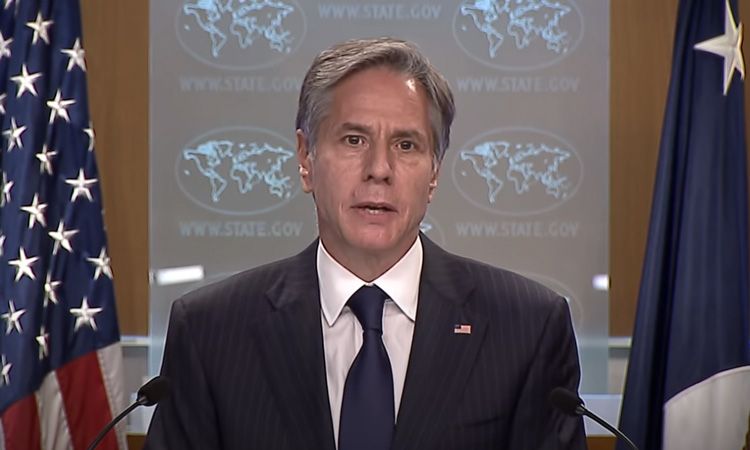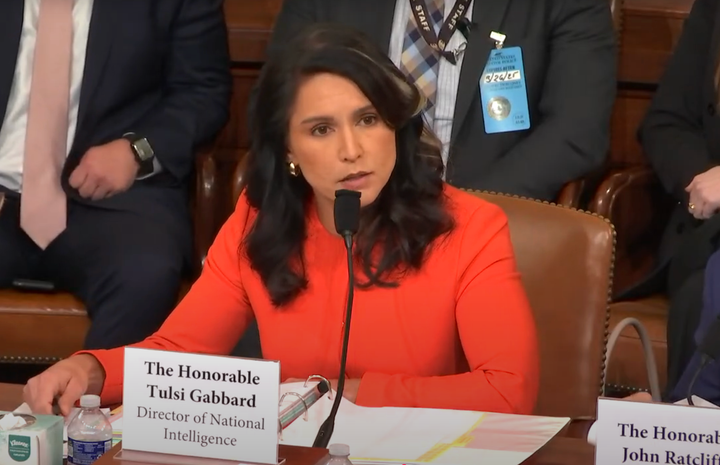US Government Sued For Hiding Information On Afghan Refugees In Detention Camps

Support independent journalism on whistleblowers, government secrecy, and press freedom-related issues. Become a subscriber of The Dissenter.
The Center for Constitutional Rights (CCR) and Muslim Advocates sued multiple United States government agencies that have refused to produce key information on thousands of Afghan refugees still living in limbo at secretive detention sites.
In August 2021, over 124,000 Afghan civilians were evacuated. Yet as described in a filed complaint [PDF], the “evacuees” were sent to “processing” sites for medical screening and security vetting. They were supposed to receive visas or parole that would allow them to enter the U.S., but numerous Afghans “remain stranded” at sites that are reportedly overseen or controlled by the U.S. government.
CCR filed a Freedom of Information Act (FOIA) request on March 31 for records from the Defense Department, State Department, and Homeland Security Department (DHS). The information would include “policies and data about the detained Afghan refugees” as well as the “health and safety conditions” of the camps where they are being held.
All three U.S. agencies failed to respond to CCR’s request, as required by FOIA. DHS and the State Department did not even acknowledge that they received the request for records.
Sadaf Doost, an attorney and Bertha Justice fellow at CCR, told The Dissenter that human rights organizations have spent the past two years “trying to ask for accountability but also at the same time transparency around the process of what Afghan civilians are facing.” Specifically, groups have been concerned with refugees at Emirates Humanitarian City in the United Arab Emirates, Camp Liya in Kosovo, and Camp As Sayliyah in Qatar.
The U.S. government has not provided any “clarity around how long they have to continue waiting,” Doost added. News reporting suggests that “some may be coerced to return back to Afghanistan” if they do not want to continue their lives in limbo.
“The documents that the Center for Constitutional Rights and Muslim Advocates are seeking production of would provide insight as to how many Afghan refugees remain at these sites, the U.S.’s role in maintaining, operating, and facilitating these sites; if people have been denied entry into the U.S. or are under security vetting, what that process entails, and also just the location of these sites so that again those impacted and those working on the rights of Afghan refugees can know what they’re up against,” Doost stated.
As the complaint argues, the public has a “time-sensitive need” for this information about the U.S. government’s “practices, policies, knowledge of, or role in these matters, not only to inform their involvement in advocacy around executive policies on immigration and refugee processing but to meaningfully participate in ongoing discussions regarding the treatment of Afghan civilians."
Camp Liya, which is located at U.S. Base Camp Bondsteel, has been dubbed “Little Guantanamo” by several residents.
Deutsche Welle reported in 2022 that refugees at Camp Liya are not allowed to leave if they wish to return to the site. They are not allowed to work so they may send money back home to their families.
“A prisoner can have access to his case, and he can ask about his case, why he is here, for how long he will be in detention," one refugee told DW. "If we ask that, they don't give us any reason why we are in this camp and for how long.”
The U.S. Committee for Refugees and Immigrants reported [PDF] in June 2022 that the majority of Afghan evacuees were brought to Camp As Sayliyah in Doha, which once was a U.S. army base. They were “warehoused in giant rooms without air-conditioning with few restroom and shower facilities, and without access to sufficient nourishment or water.”
About a year ago, Reveal News reported that the U.S. government had “approved less than 2 percent of Afghan applications it processed for a humanitarian parole program.”
Rape, medical neglect, and human trafficking have been confirmed at several detention sites.
“The U.S. government cannot continue to ignore questions about the legal status and well-being of the Afghan civilians it is detaining around the world while they await immigration determinations,” declared Chris Godshall-Bennett, a staff attorney for Muslim Advocates. “Tired appeals to ‘security concerns’ that seem to only apply to Muslim communities can no longer justify arbitrary detentions and disparate treatment.”
A March 2023 letter from the Office of the Coordinator for Afghan Relocation Efforts (CARE) apparently claimed that the U.S. government does not maintain the Emirates Humanitarian City camp. “Emirati officials solely manage, control, and operate the EHC,” CARE wrote to Human Rights Watch.
"This, however, is contrary to reports that U.S. officials visit sites, on average, twice a week,” the lawsuit notes. The State Department also acknowledged in February 2023 that the U.S. government works “closely with UAE partners to address concerns with EHC.”
Doost believes the "documents that we’re requesting would make clear what the U.S.’s role in the facilitation, control, or operation of these sites are," especially as officials insist on giving opaque or vague answers about Afghan refugees at these camps.




Comments ()